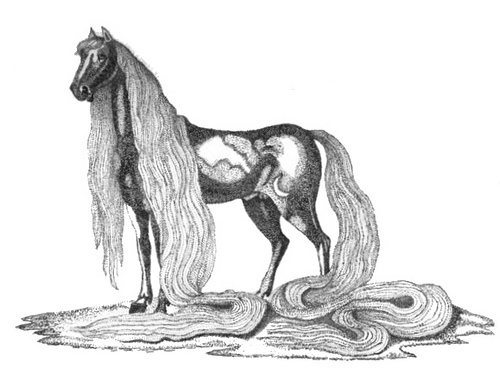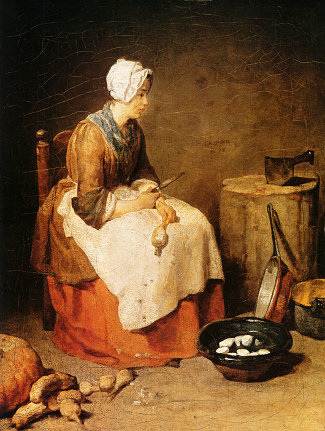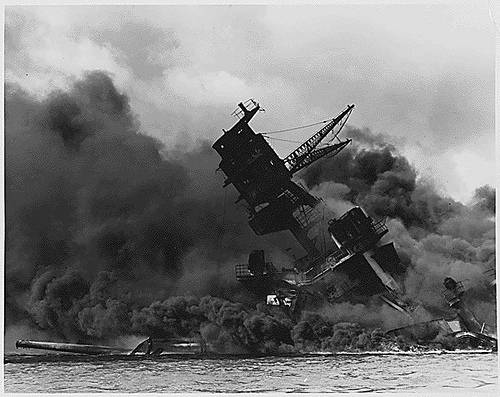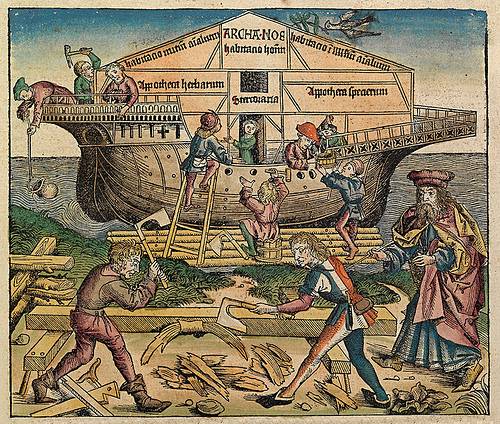Even is come; and from the dark Park, hark,
The signal of the setting sun–one gun!
And six is sounding from the chime, prime time
To go and see the Drury-Lane Dane slain,–
Or hear Othello’s jealous doubt spout out,–
Or Macbeth raving at that shade-made blade,
Denying to his frantic clutch much touch;–
Or else to see Ducrow with wide stride ride
Four horses as no other man can span;
Or in the small Olympic Pit, sit split
Laughing at Liston, while you quiz his phiz.
Anon Night comes, and with her wings brings things
Such as, with his poetic tongue, Young sung;
The gas up-blazes with its bright white light,
And paralytic watchmen prowl, howl, growl,
About the streets and take up Pall-Mall Sal,
Who, hasting to her nightly jobs, robs fobs.
Now thieves to enter for your cash, smash, crash,
Past drowsy Charley, in a deep sleep, creep,
But frightened by Policeman B 3, flee,
And while they’re going whisper low, “No go!”
Now puss, while folks are in their beds, treads leads.
And sleepers waking, grumble — “Drat that cat!”
Who in the gutter caterwauls, squalls, mauls
Some feline foe, and screams in shrill ill-will.
Now Bulls of Bashan, of a prize size, rise
In childish dreams, and with a roar gore poor
Georgy, or Charley, or Billy, willy-nilly;–
But Nursemaid, in a nightmare rest, chest-pressed,
Dreameth of one of her old flames, James Games,
And that she hears–what faith is man’s!–Ann’s banns
And his, from Reverend Mr. Rice, twice, thrice:
White ribbons flourish, and a stout shout out,
That upward goes, shows Rose knows those bows’ woes!
— Thomas Hood, in The Knickerbocker, October 1845






